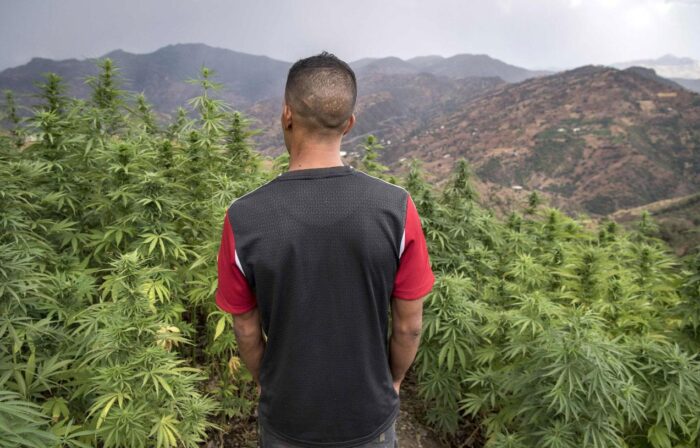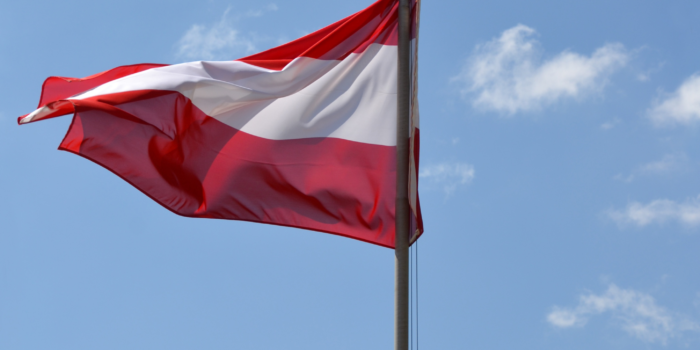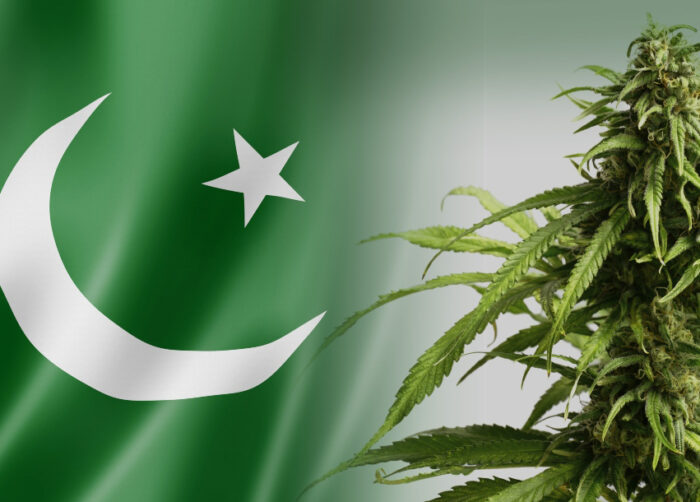The wave of demonstrations against the three 30-year sentences for cannabis use has forced the Tunisian government to reconsider the current law.
A court of first instance in the city Al-Kāf, 200 km from the capital, on January 21 sentenced three young people in their twenties to 30 years in prison for marijuana use in a football stadium that was closed at the time of the acts.

Specifically, the judge asks each for 5 years for cannabis use, 5 for illegal possession, 20 years for consuming drugs in public spaces and offers them the possibility of presenting an appeal to the decision. Article 52 of the Tunisian Penal Code equally punishes the consumption of soft and hard drugs, accounting for 30% of the country’s incarcerations.
Reactions to the verdict were swift. Hours after it was published, several Internet users posted a joint letter on social networks demanding the release of the three young people and denouncing the harshness of the sentence.
Amnesty International also found the sentence unfair and called it a “youth-oriented deterrent”. And many other voices of public opinion and politicians have taken a position against it and have shown their discontent.
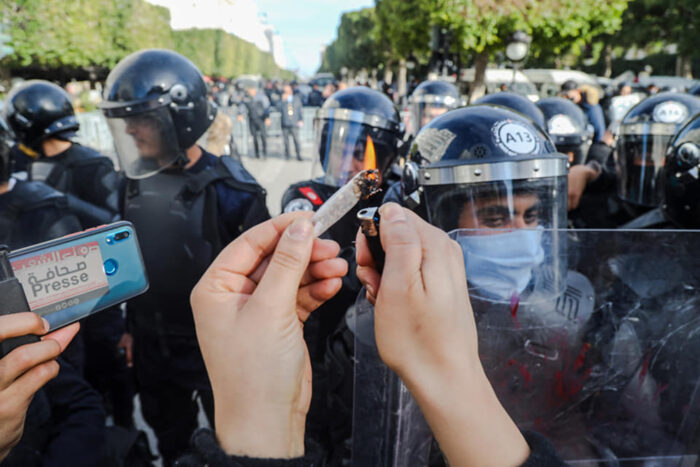
The wave of protests moved to the streets of the capital, adding to its ranks several hundred protesters calling for the repeal of the law and the release of the three defendants.
Against this background, on February 1, Hichem Mechichi, the country’s prime minister, proposed to resume negotiations to modify what is known as “Law 52” and propose alternative sanctions, such as community work.
This review has been announced on several occasions. In 2017, the Tunisian parliament approved an amendment that allowed judges to take into account mitigating circumstances such as being a consumer without a record and to lower the sentence to social work or to the payment of a fine. Presented as “provisional”, it has simply served as an electoral promise and this measure has remained on paper.
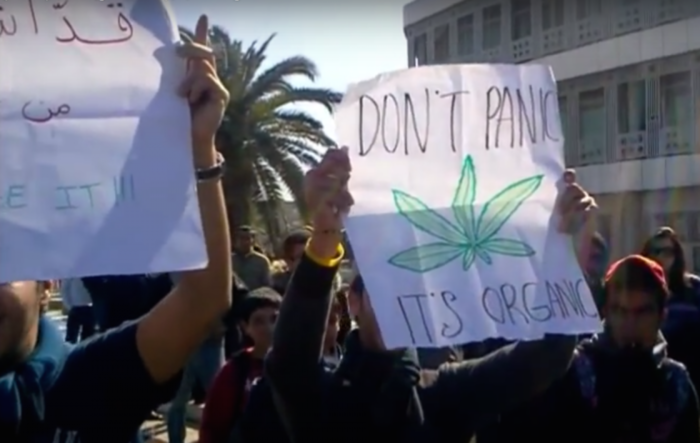
The strict regulations against drugs were developed in the 1990s as a result of the “CousCous Connection” scandal, an international drug trafficking and money laundering network involving the brother of former dictator Zine el Abidine Ben Ali. Considered draconian and anachronistic by Human Rights organizations, it was used by the previous regime to imprison its opponents.
Currently, the Collective for the Legalization of Cannabis (COLEC) defends a bill to legalize production, legalization and consumption; taking as a model the Canadian reforms. According to their forecasts, it would reduce the prison population and crime and favor the creation of more than 150,000 jobs and more than 460 million euros would be entered into the public coffers annually.
It remains to be seen if the multitude of protests, by individuals, deputies and international associations, added to the work of organizations such as COLEC and the change in perspectives worldwide regarding the medical and recreational use of cannabis, will promote the Tunisian executive to present the final draft amendment, promised in the next few days.
